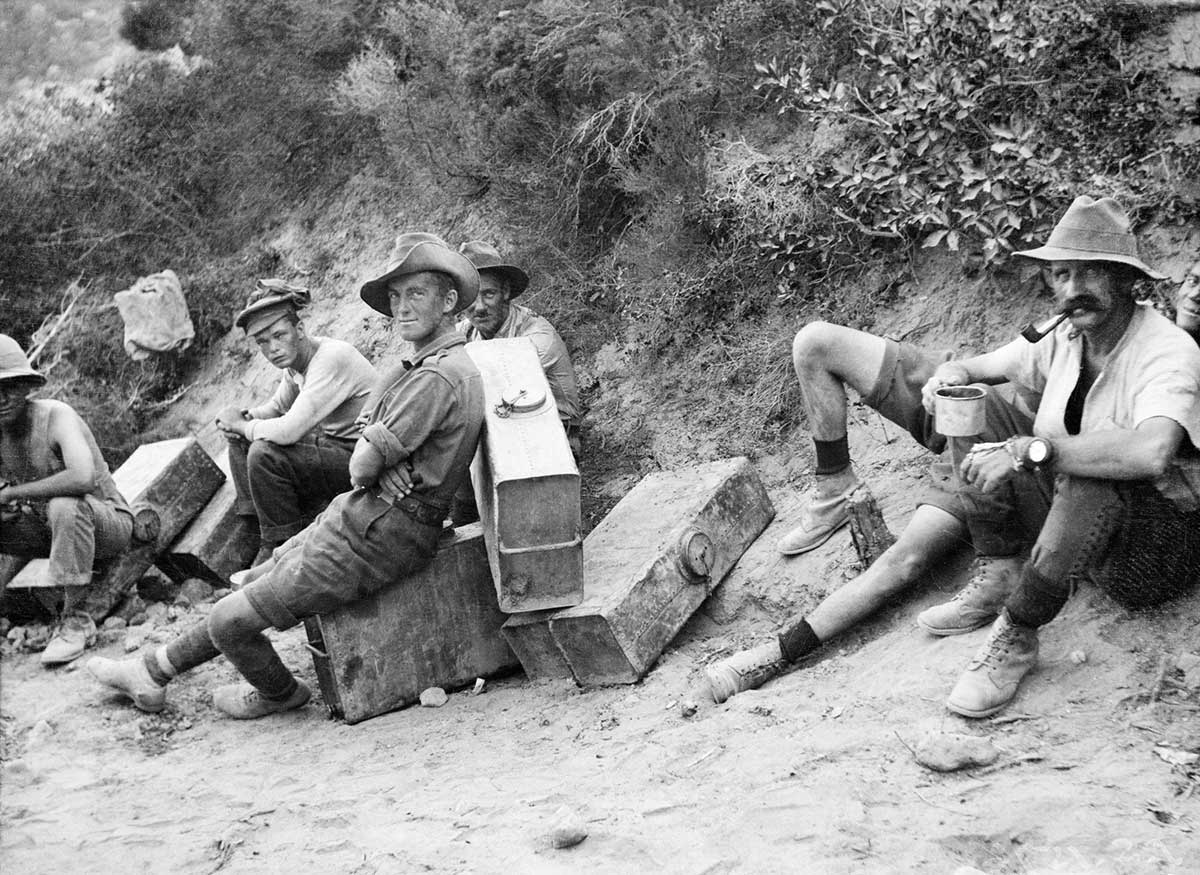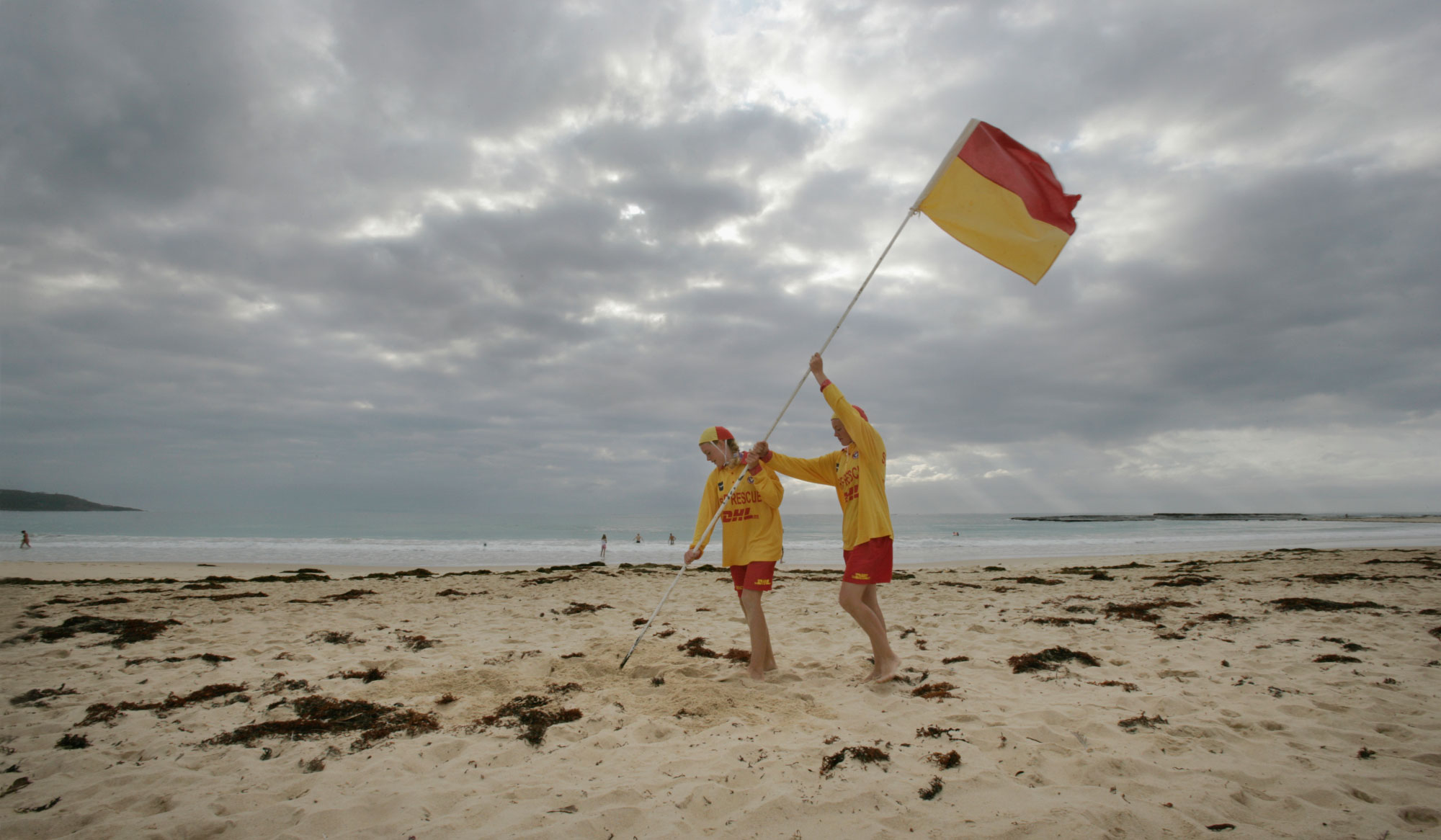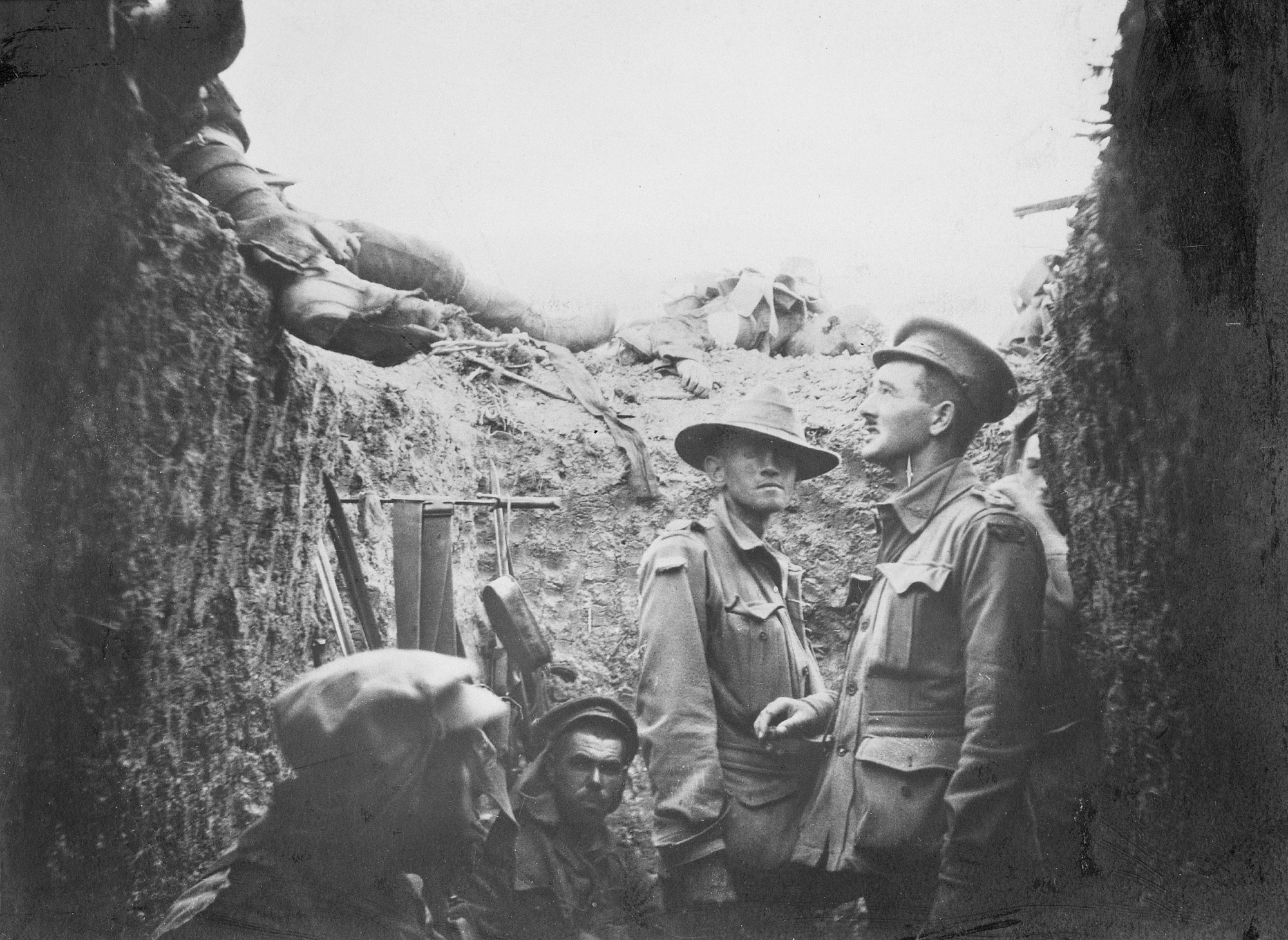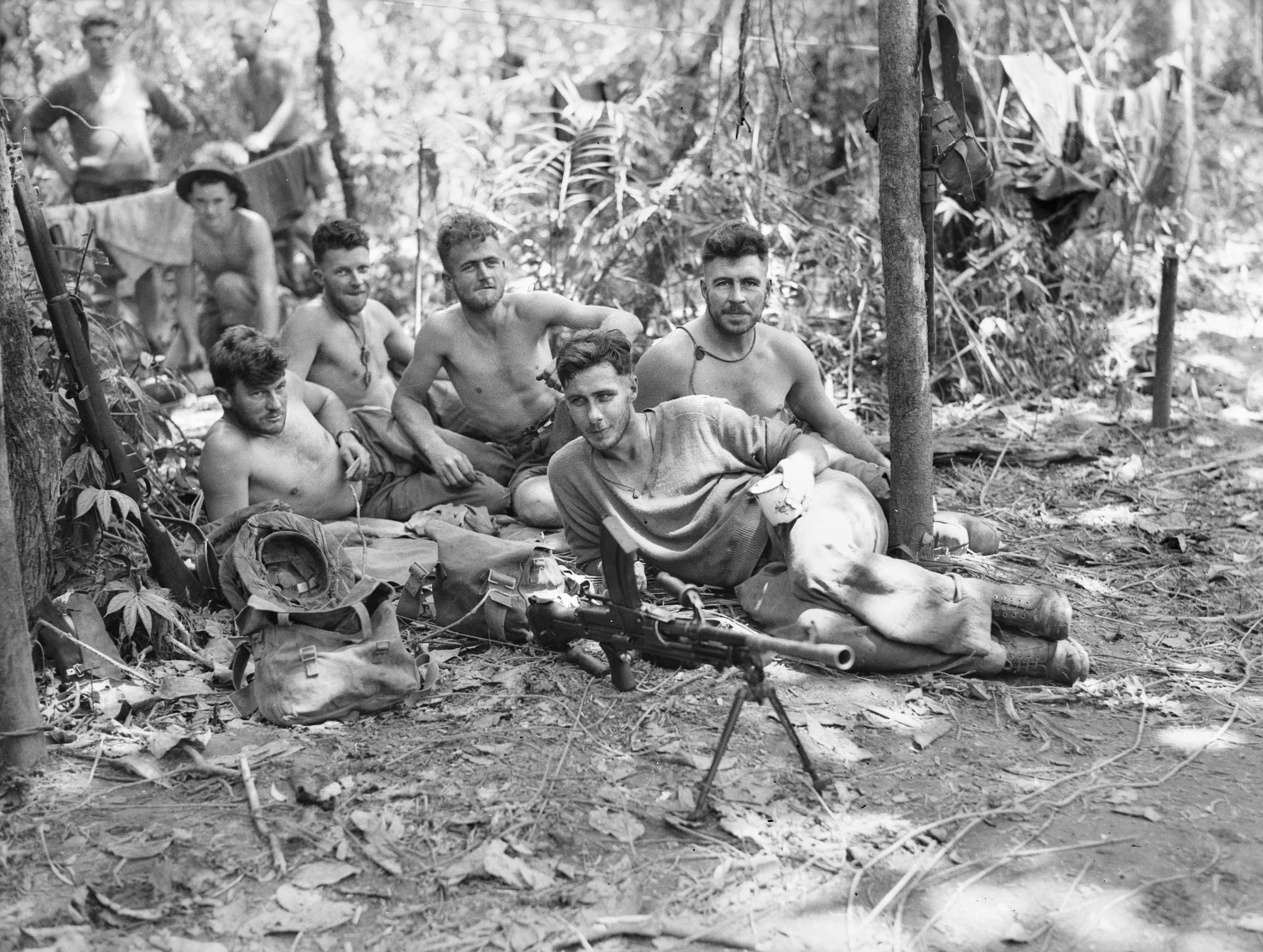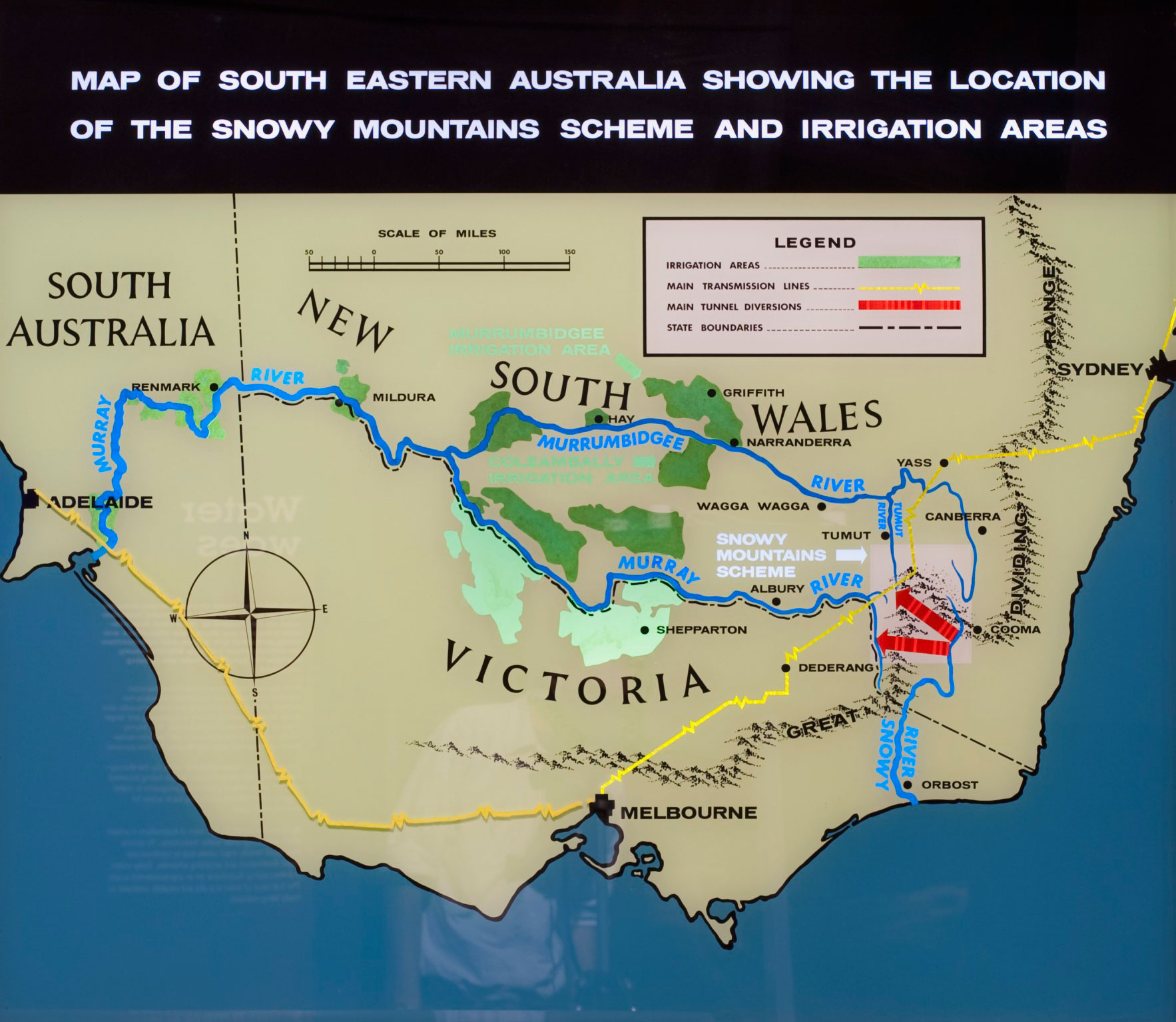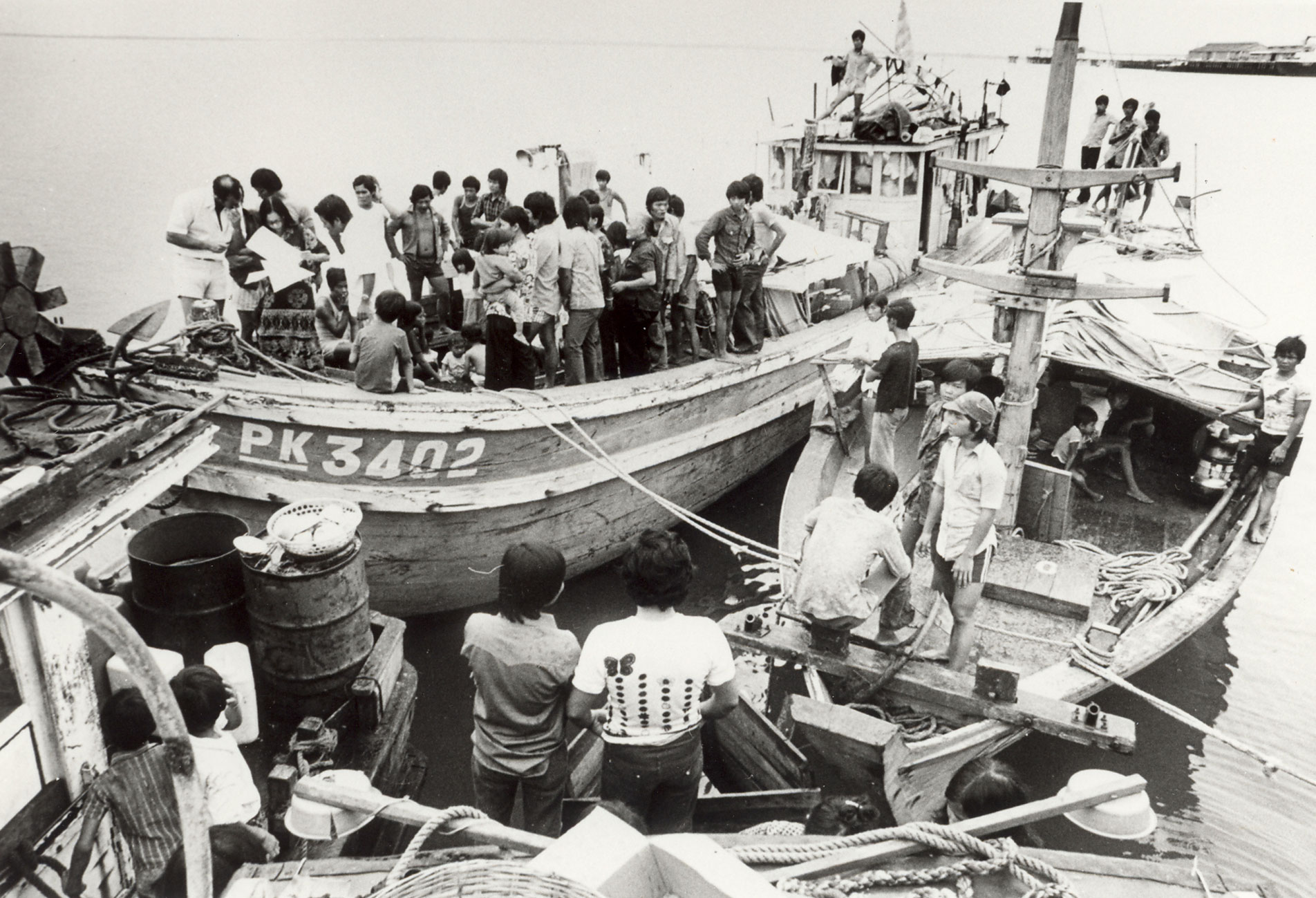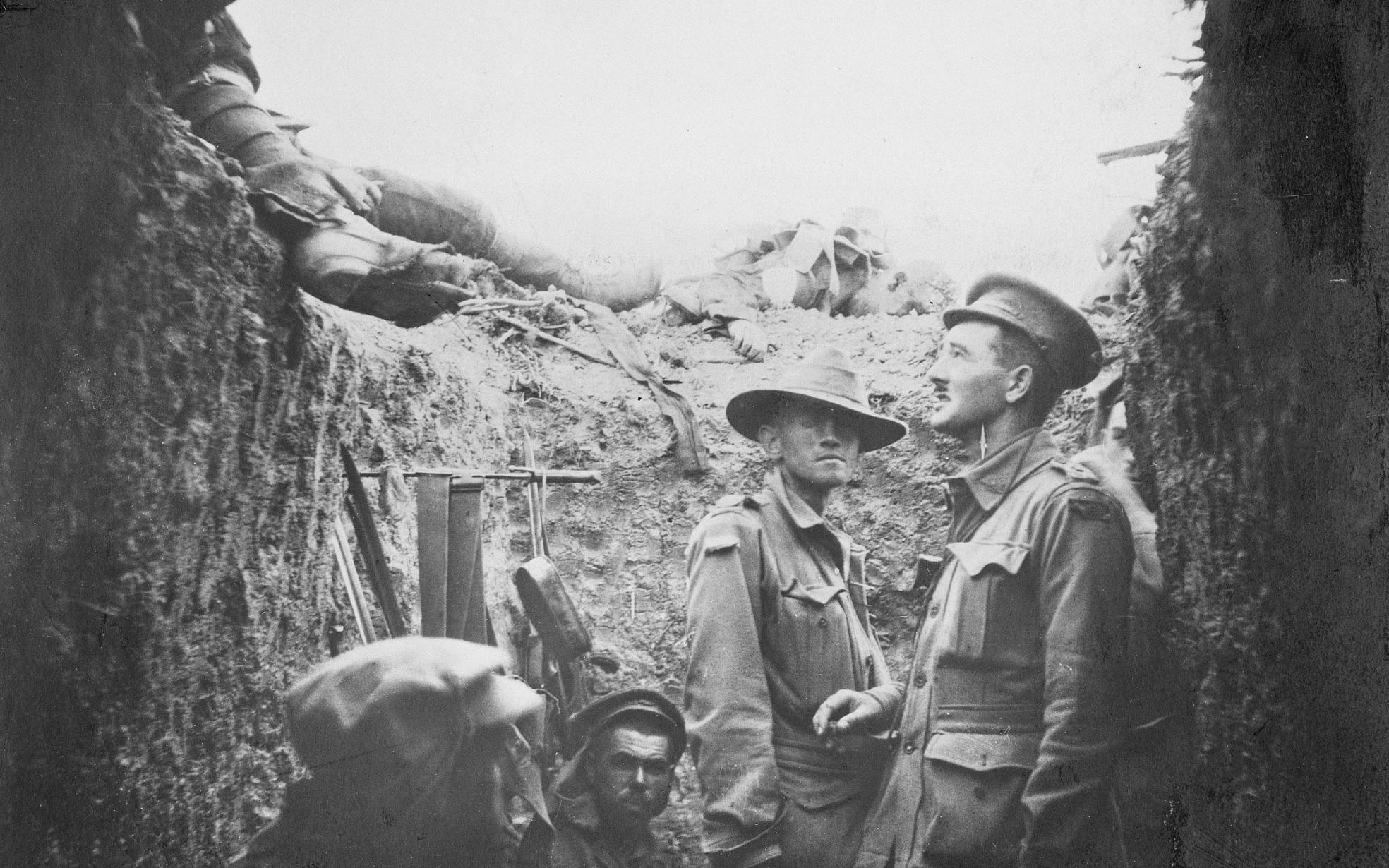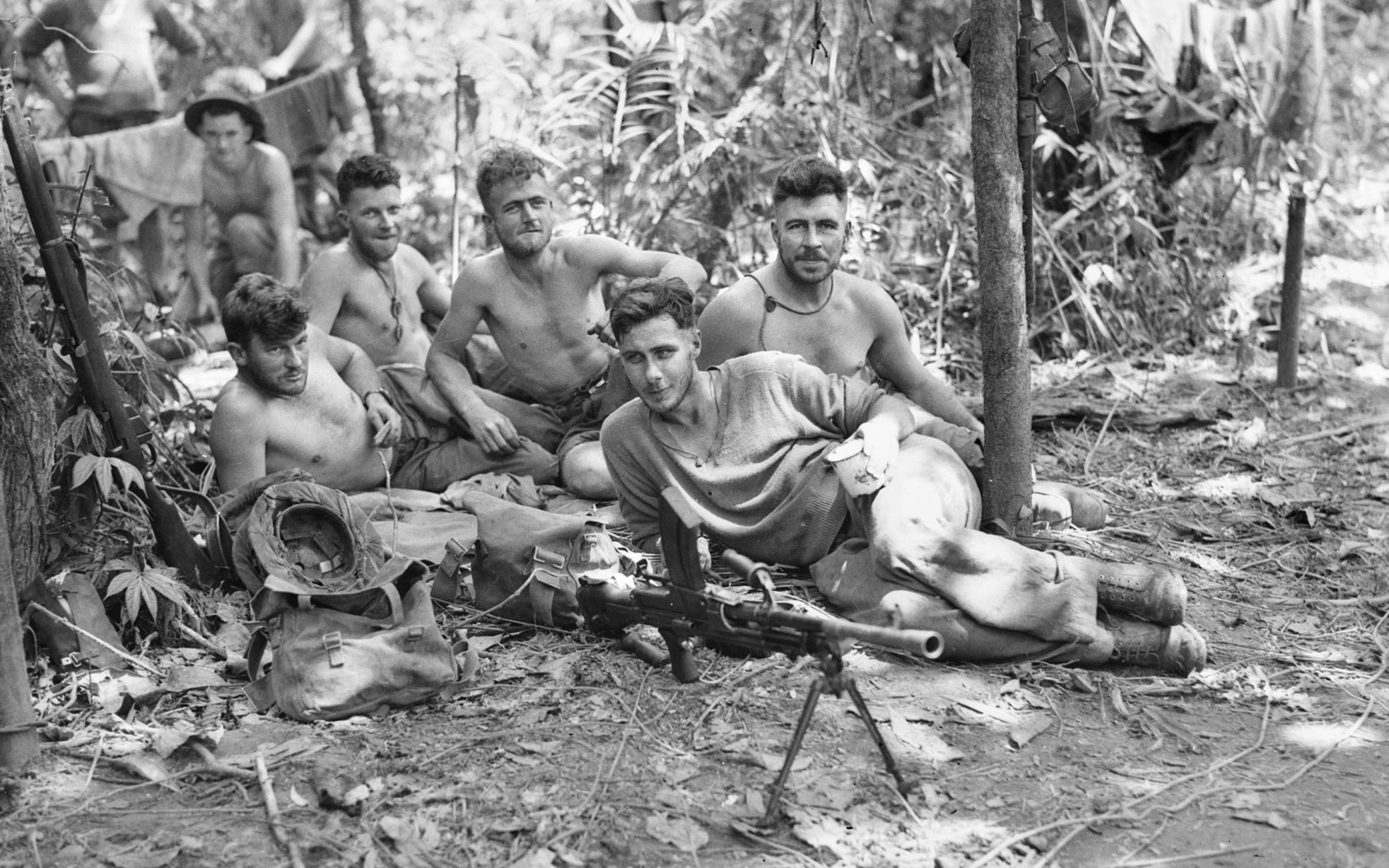Learning module:
Australia since Federation Defining Moments, 1901–present
Investigation 6: Significant groups
6.4 1940 The Dunera Boys
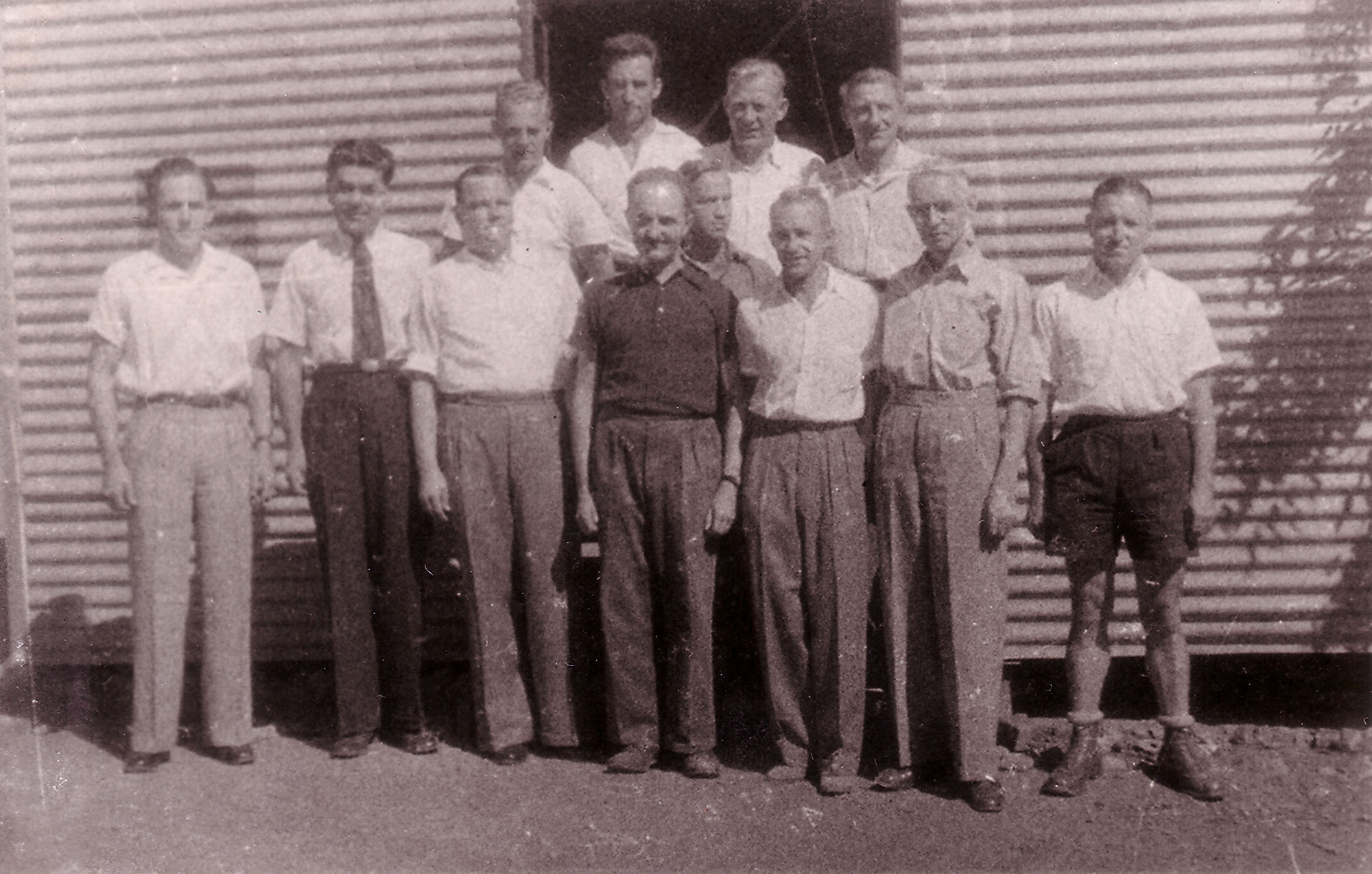
Based on the Defining Moment in Australian history: 1940 Enemy aliens who survived hell — HMT Dunera arrives in Australia
Imagine that there is a war. You have been sent away to another country. You have no relatives or friends in this country. You are not sure if the people like you or hate you. You have only the group of people you arrived with you for help, protection and friendship.
How would you feel about this? What would you do to try and make a successful life in the new country?
Discuss these questions, then see what happened with one group in Australia.
Read the information below and use it to answer the Significant groups in Australian history questions at the bottom.
The Dunera Boys information file
In 1939 the Second World War started. This war involved Britain, France and former British colonies such as Australia and Canada, fighting against Nazi Germany, which was invading other nations. Nazi Germany was racist and brutal. Jewish people, and other groups rejected by the Nazis suffered terribly under their rule.
In 1940, 2542 Germans who had been living in Britain, as well as some German prisoners of war, were sent to Australia from Britain. Most of the Germans were opposed to the German government. A large number were also Jewish, but they were treated with suspicion because they were German.
They were sent by ship to Australia. Many were very badly treated by the British guards on the ship, who stole many of their possessions. When they arrived the prisoners were locked up in a camp, called an internment camp.
The men organised a life for themselves. Among them were many musicians, scientists, doctors, writers, teachers, engineers, architects, sportsmen, artists and tradesmen. They organised plays and concerts, published a newspaper, and set up classrooms.
After a time the British realised that most of these men did not support Germany, and were no danger to Australia. Most were freed, and 900 of them decided to stay here. Many of them became significant people in Australia after the war, enriching Australian life and culture.
Significant groups in Australia history
1. What was this group?
2. When did the event(s) happen?
3. What important thing(s) did the group do?
4. What problems did the group have to overcome?
5. What was the outcome or effect of what the group did?
6. What qualities did the people in this group have?
7. Why was this group significant or important in Australian history?
8. If you could meet this group and ask them three questions, what would they be?
9. If you were advising the National Museum of Australia on an object that it could display to tell the story of this group, what would you suggest? You can see what objects the Museum has using the National Museum of Australia Collection Explorer.






